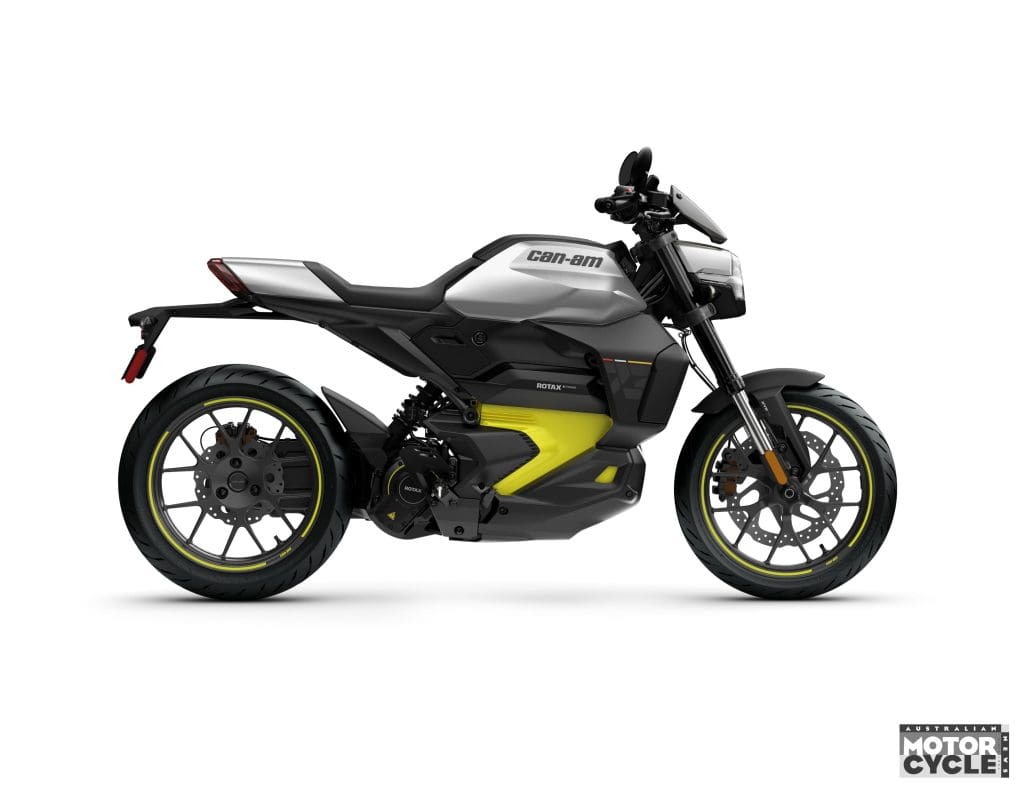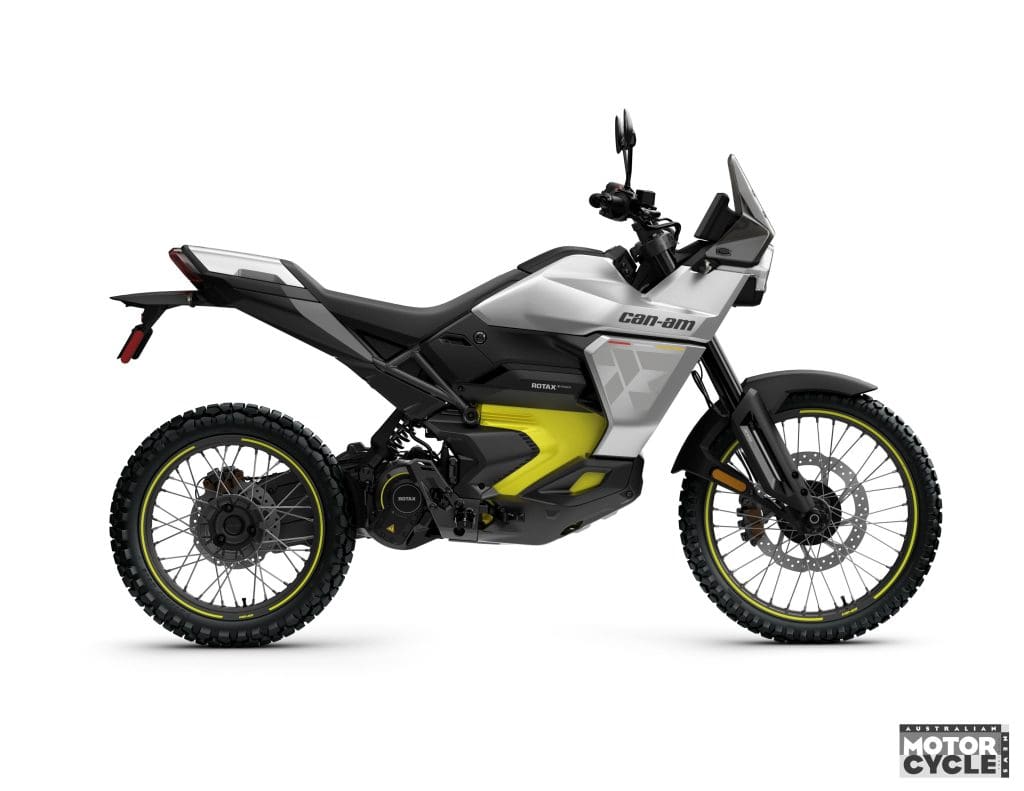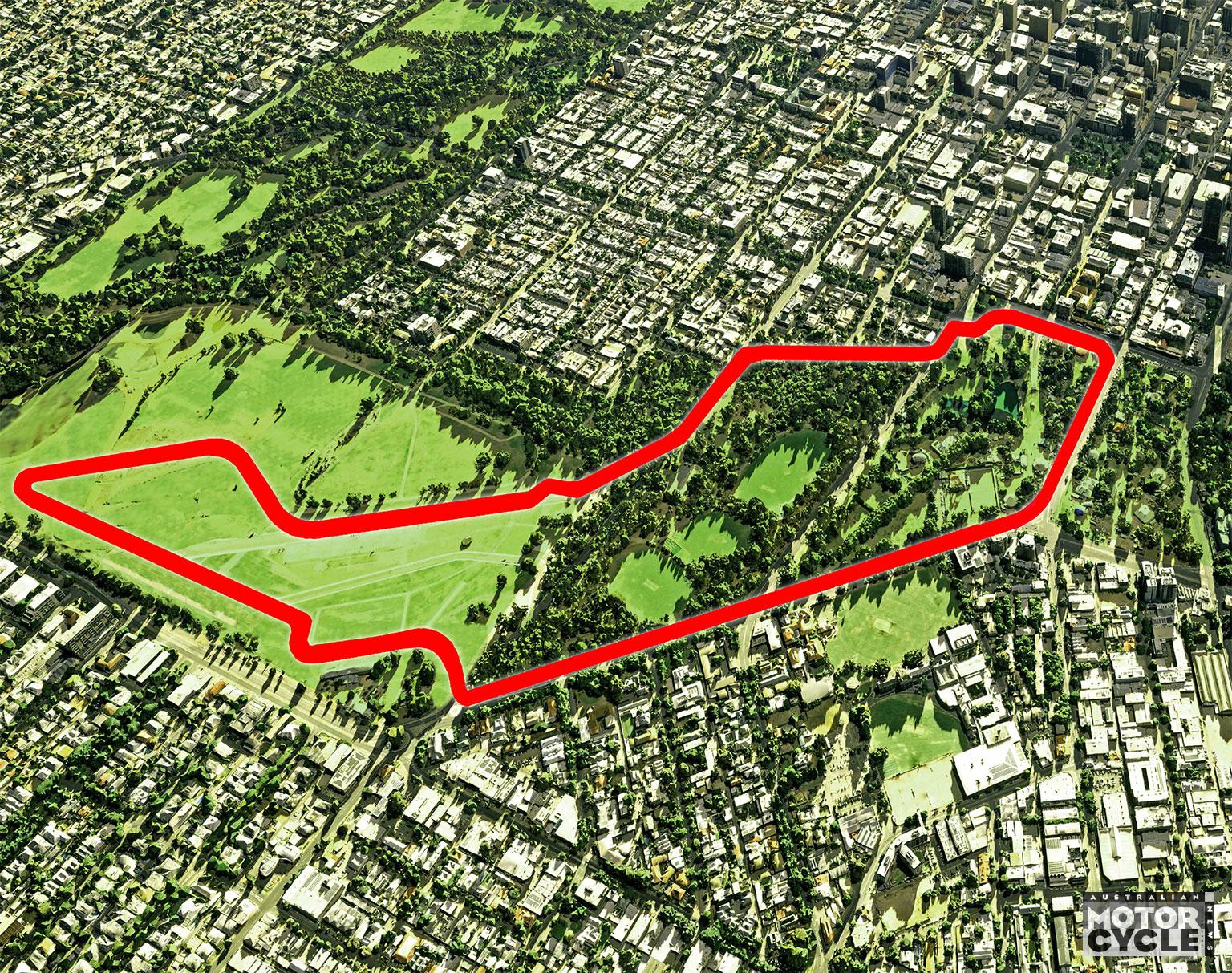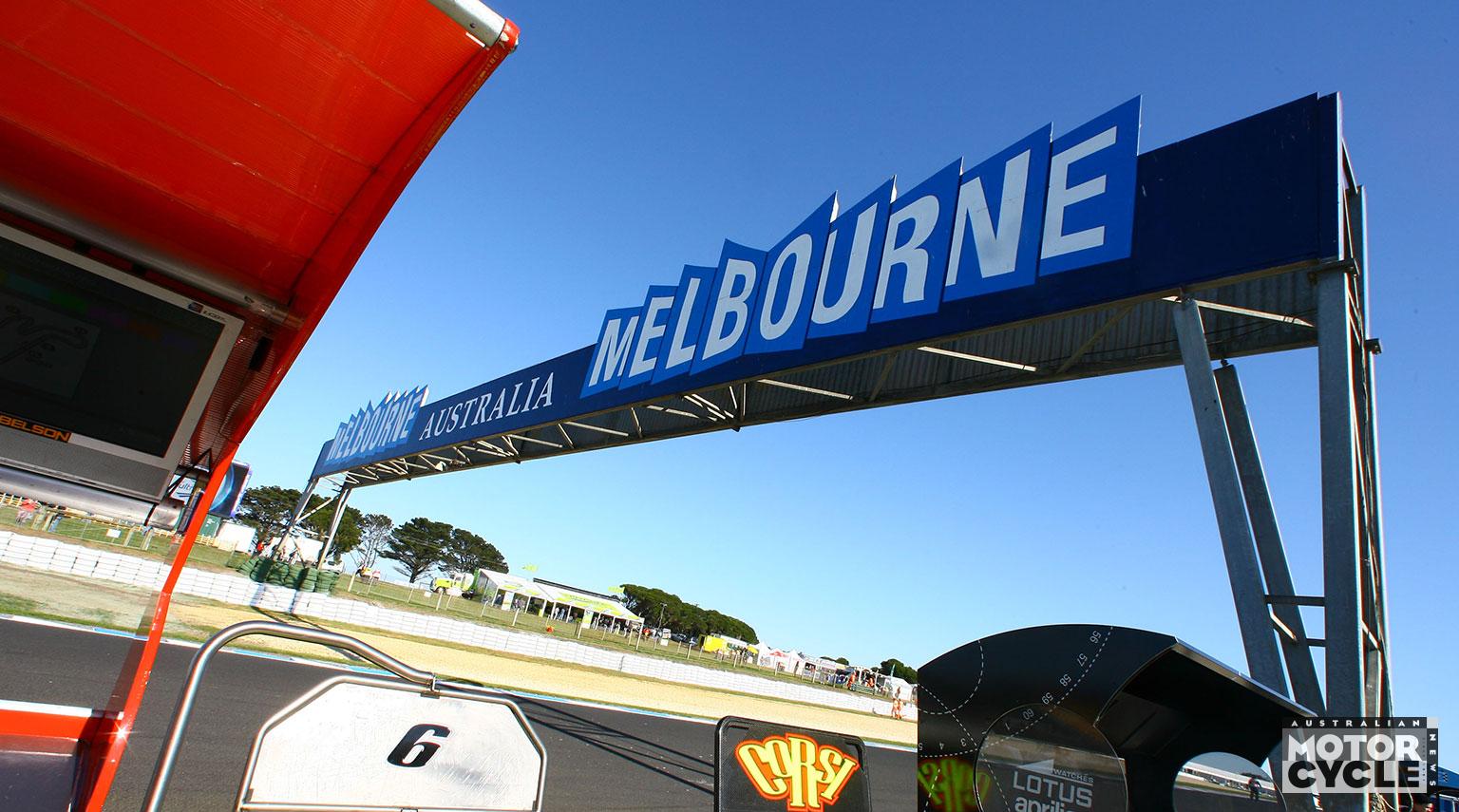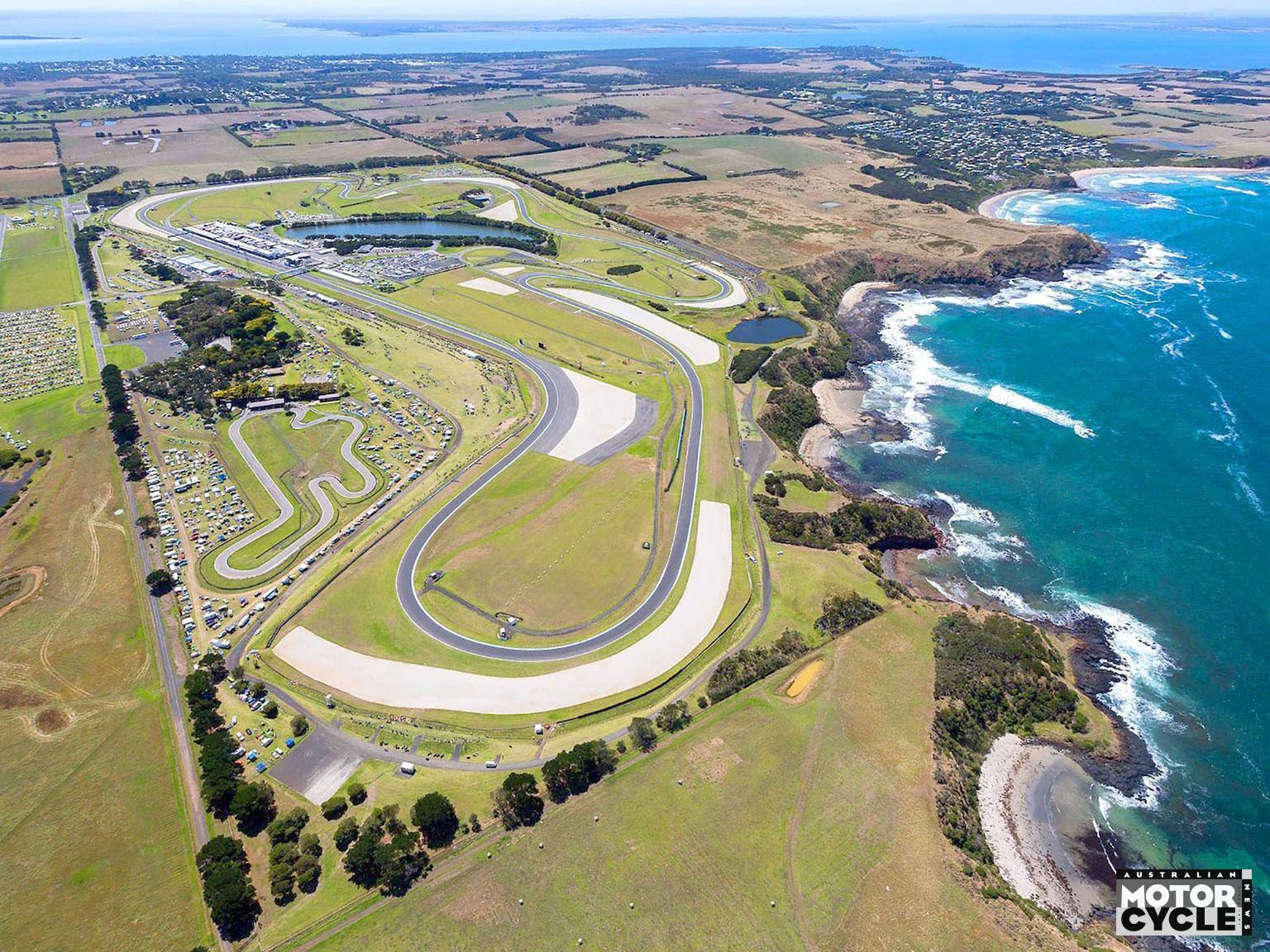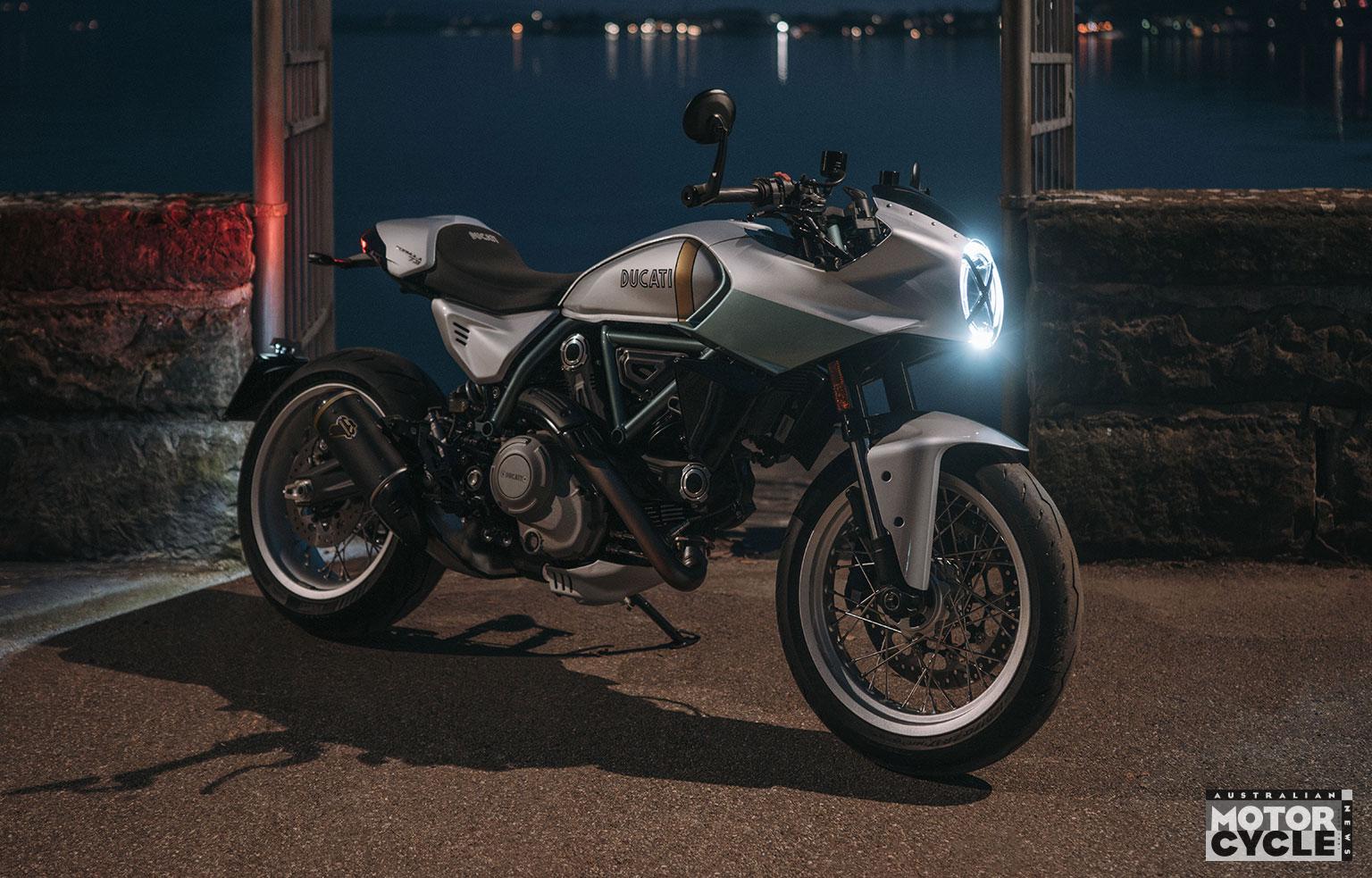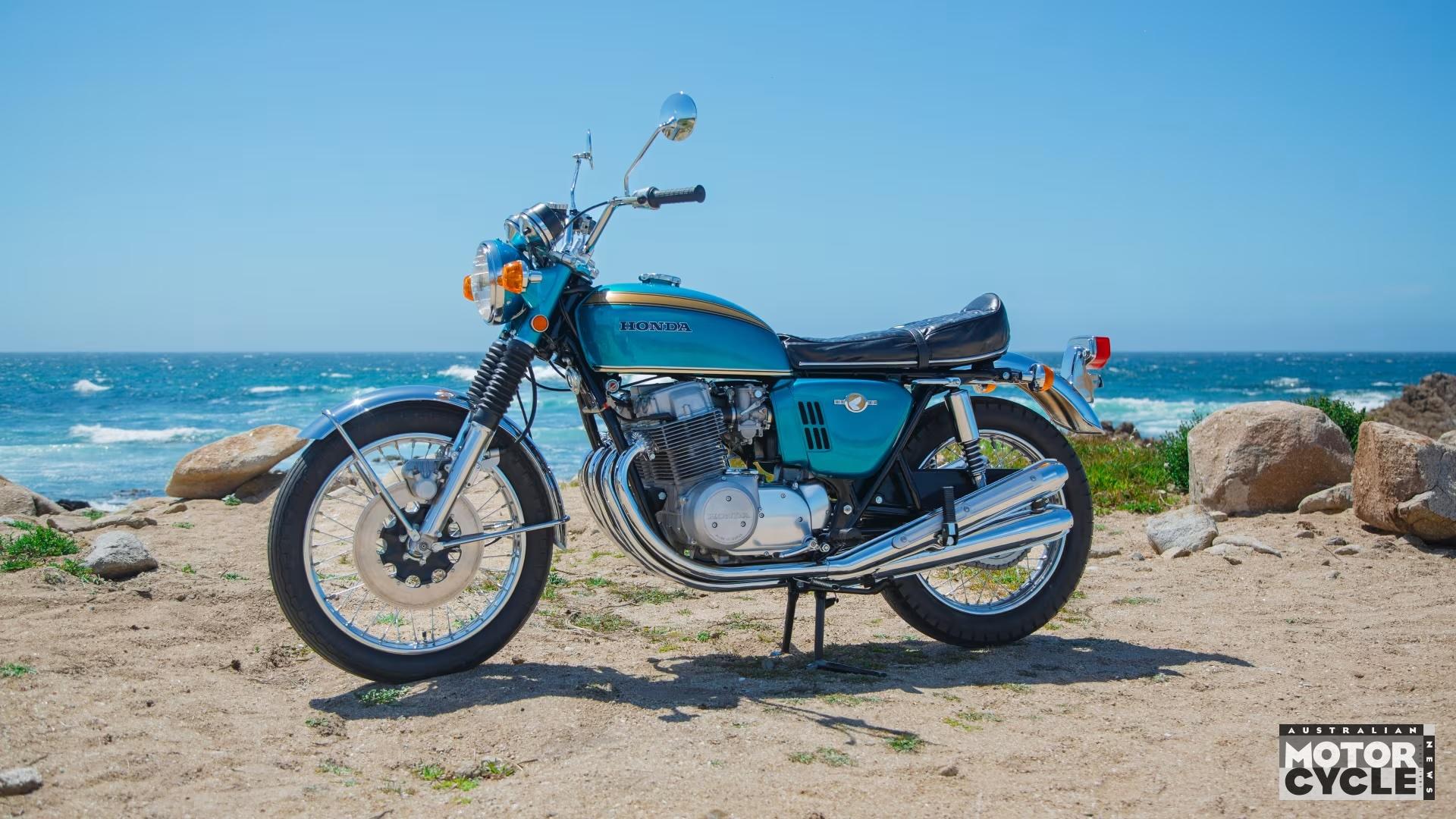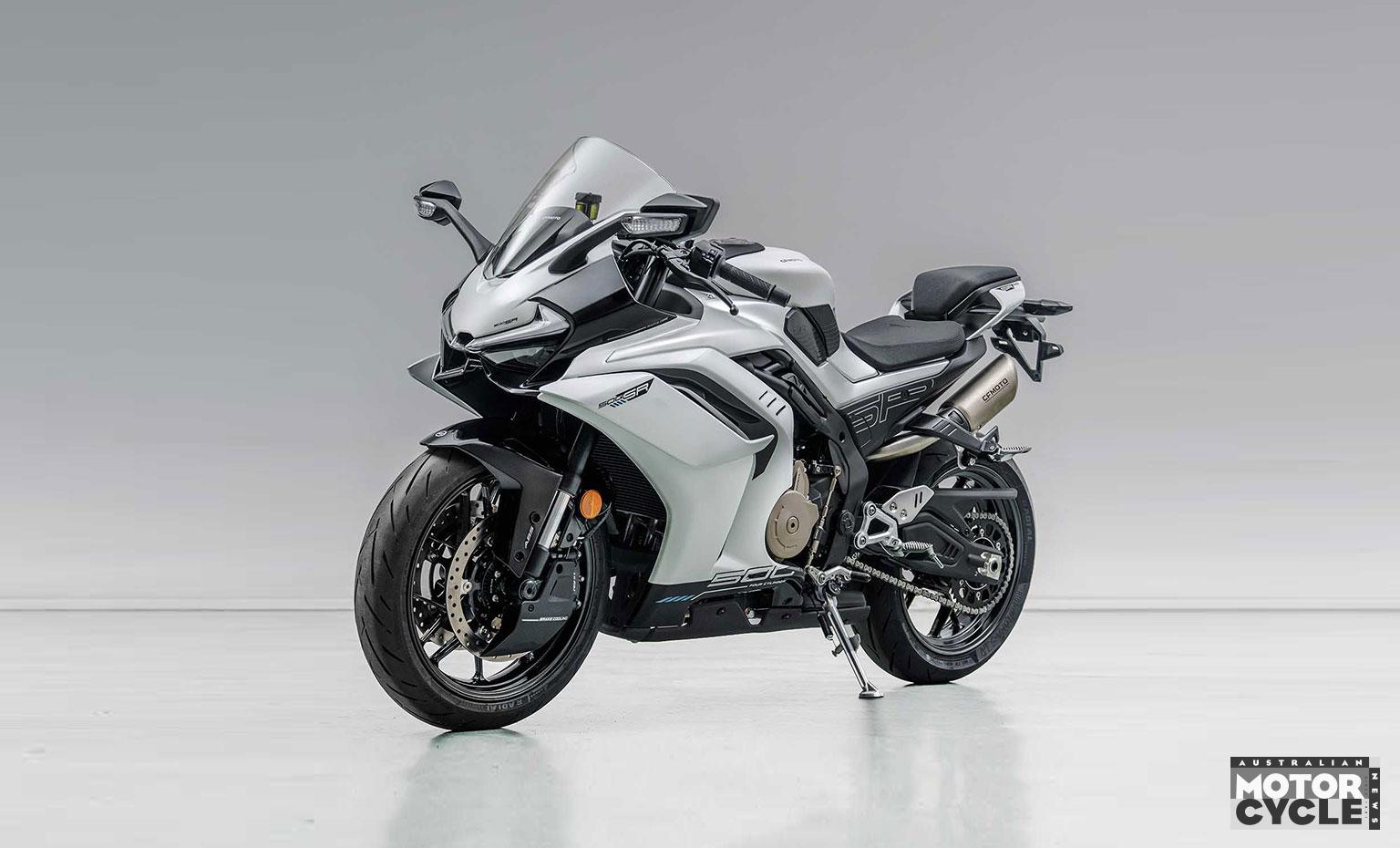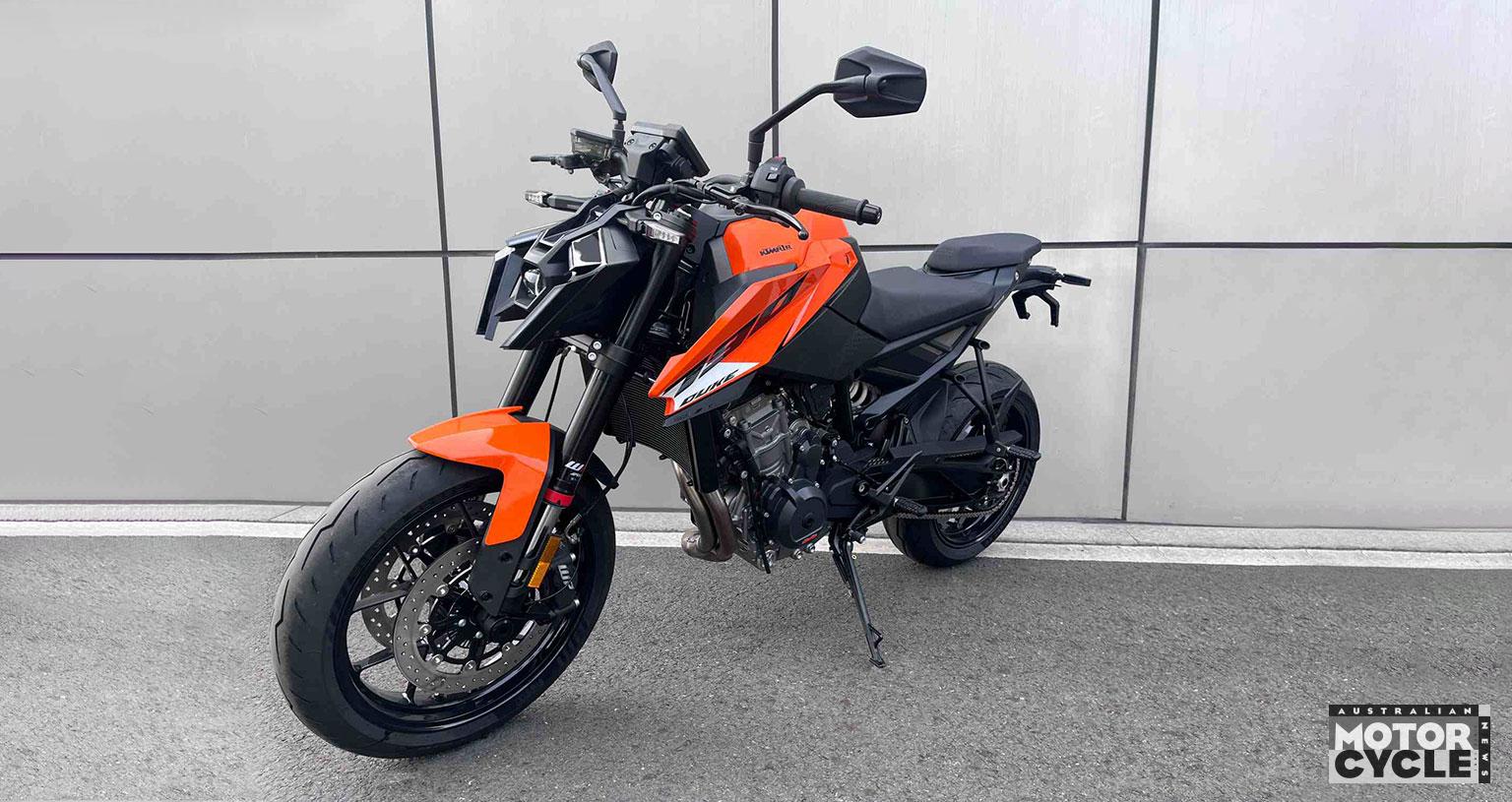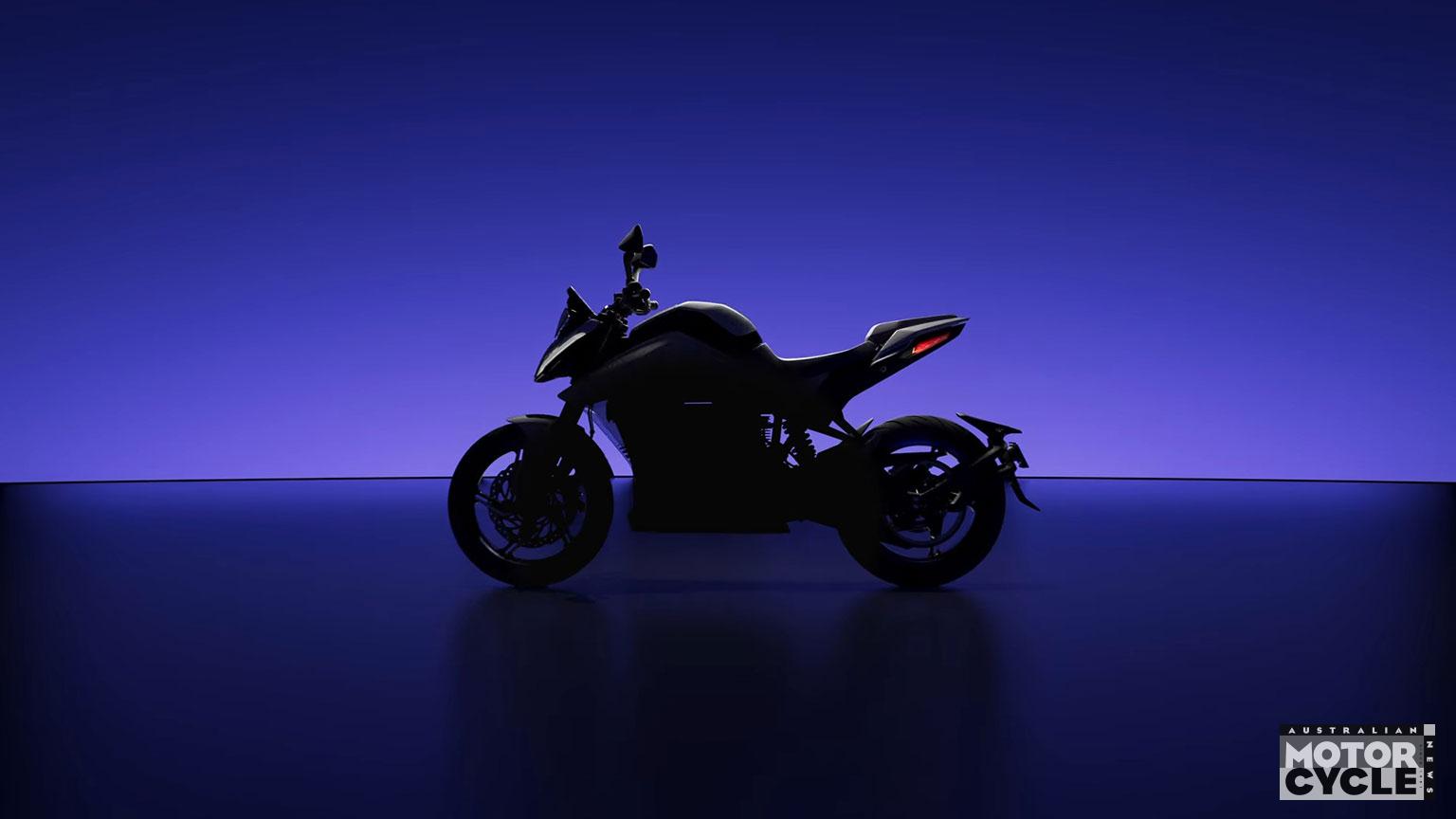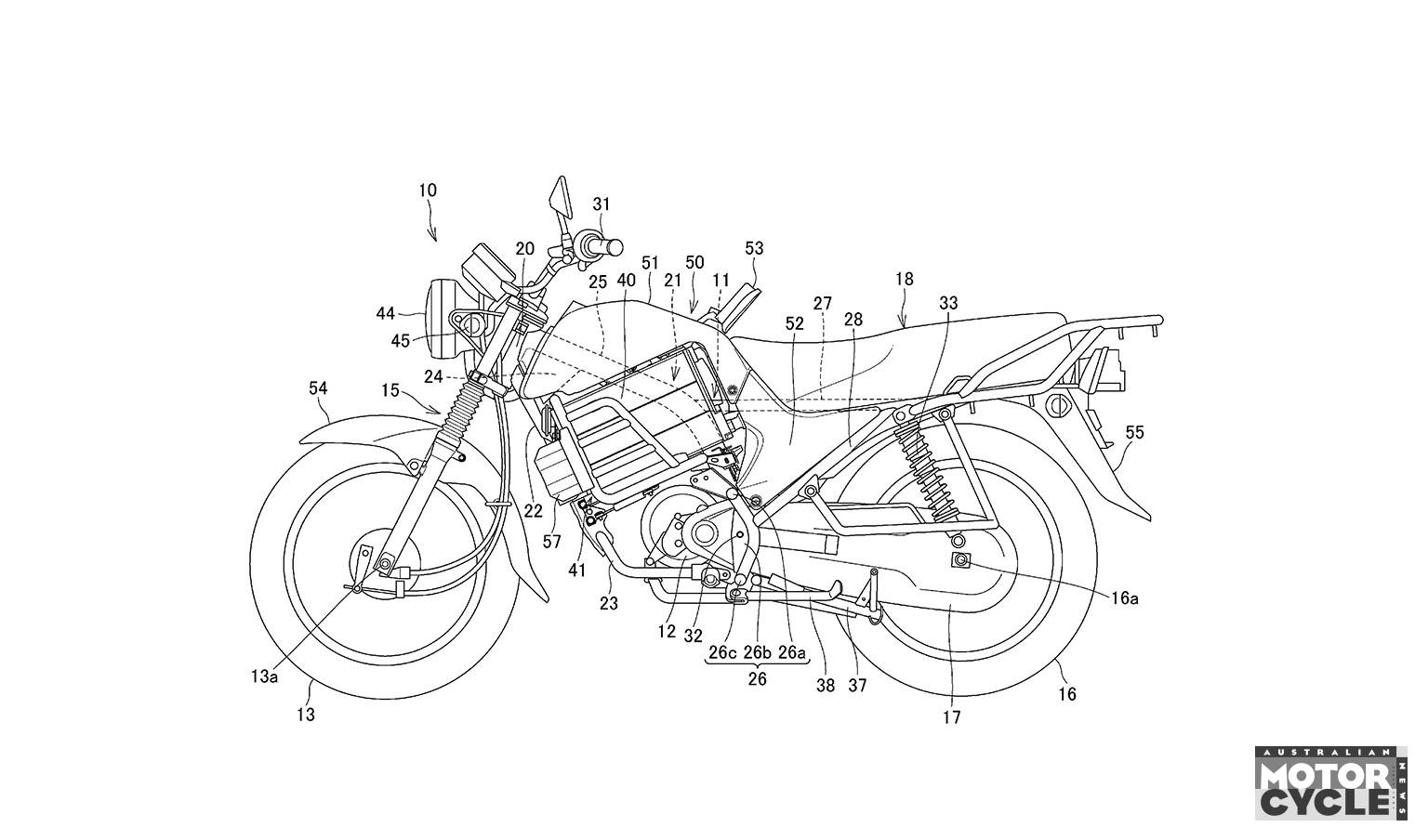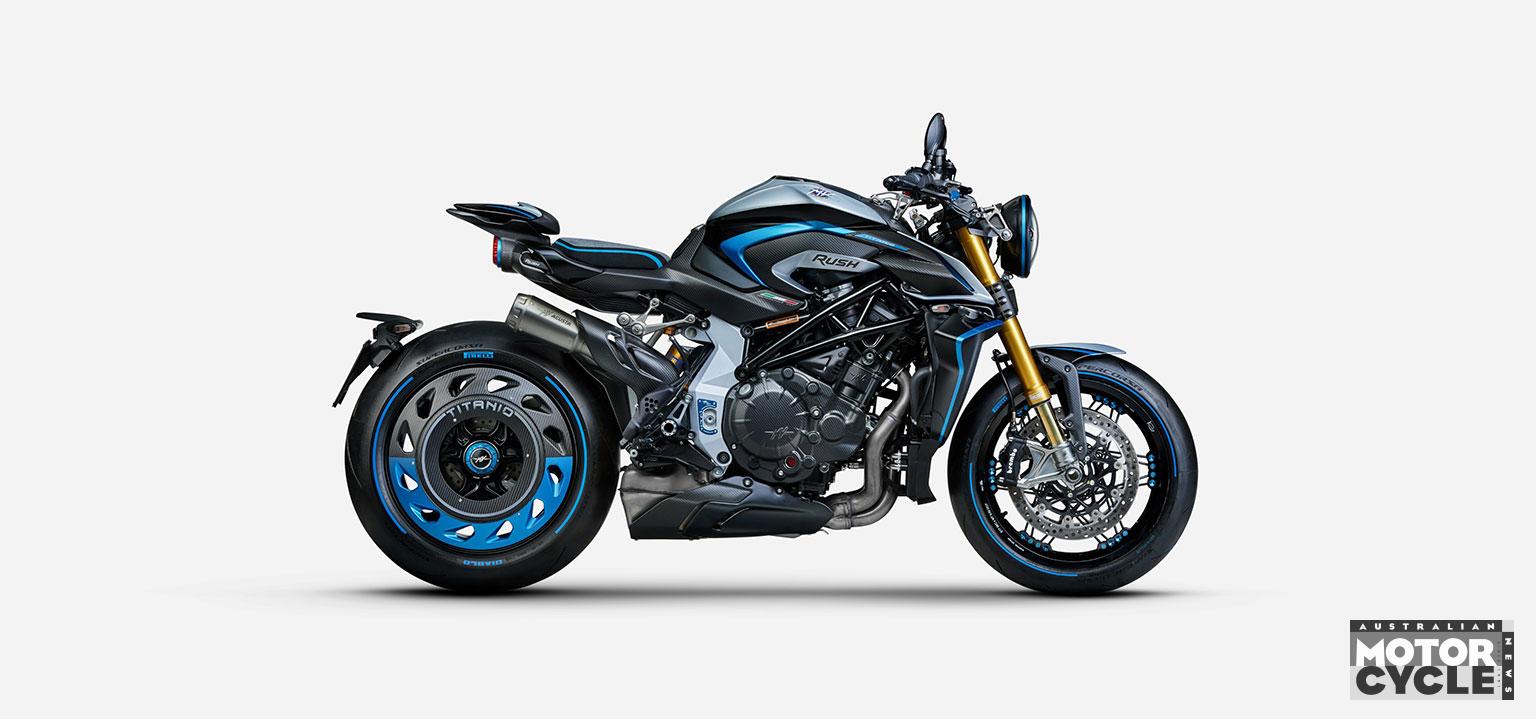Can-Am is back on two wheels with the Pulse and Origin models revealed in full and pre-orders now being taken for the electric bikes.
News of Can-Am’s re-entry to the motorcycle market with a pair of electric models – the Pulse and Origin – first broke in 2022 and two years on the full details of the machines have been released as the company opens the order books for its 2025 model range.
Both the road-oriented Pulse and the adventure-style Origin share the same building blocks of their chassis, motor and battery pack, differing in their style, geometry and suspension.
The design revolves around a central, structural battery case, following the same route that’s been established by bikes like the LiveWire S2 machines, to maximise battery space and minimise weight. However, the Can-Am machines take it a step further by incorporating their motor into the front of the swingarm – a single-sided design that doubles as a chain case, allowing the chain to run through an oil bath to make it largely maintenance free, while also minimising the noise from the transmission. Because the motor is towards the front of the swingarm its impact on the bike’s unsprung mass is minimised but it’s out of the way of the battery pack and other electronics.
The motor itself is made by Bombardier subsidiary Rotax, and puts out a peak of 35kW, with a continuous power rating of 20kW. A restricted 11kW version will also be available in some markets for riders with limited licences. It feeds from a 8.9kWh battery, and both the battery and motor are liquid-cooled, as is the inverter and the on-board charger. Max torque is 72Nm all the way from zero rpm to 4600rpm.

The liquid cooling and 6.6kW charging means that the bike can be plugged into a Level 2 charger and given a 100% charge in 1.5 hours, with a more representative 20% to 80% charge taking only 50 minutes. However, range remains an issue. The road-oriented Pulse is claimed to be able to manage 160km in cities, dropping to 130km over combined testing (under WMTC test conditions) and only 89km at a sustained 80km/h. With taller suspension, larger wheels and a bluff nose, the Origin’s range figures are lower than those of the Pulse, coming in at only 145km in city use, 115km in mixed use and 84km on highways at 80km/h.
The differences between the two models include the bodywork and geometry. The Pulse has 17-inch wheels with 110/70-R17 and 150/60-R17 Dunlop Sportmax GPR-300 rubber, hung on 41mm KYB inverted forks and a Sachs coil-over shock, each with 140mm of travel. The Origin uses a 21-inch wire wheel at the front with a tubed 90/90 Dunlop D605 and an 18-incher at the rear with a 120/80 tyre. The forks are 43mm USD KYBs, this time matched to a KYB rear shock, and suspension travel is an impressive 255mm at each end. The Origin also gets 30 degrees of rake compared to 27.2 degrees on the Pulse.

In comparison to many electric bikes, the Can-Ams are surprisingly light, coming in at 187kg for the Origin and 177kg for the Pulse, and both have multiple riding modes and a reverse gear function, as well as built-in regenerative braking to supplement the J.Juan 2-piston front caliper and single piston rear, on 320mm and 240mm discs respectively. There’s a five-year/50,000km warranty on the battery, which might alleviate the fears of some customers when it comes to jumping into the EV market.
Can-Am has also launched two ‘73’ versions of the bikes, commemorating the company’s year of launch, with additional kit and components but the same main specifications.
As is often the case with EVs, the biggest stumbling block is likely to be the price. The base Pulse starts at US$13,999 (A$20,760) in the States, the Pulse 73 is US$15,999 (A$23,725), the Origin is US$14,499 (A$21,500) and the Origin 73 is US$16,499 (A$24,466). Export versions might be substantially more, though – in the UK, for example, the base Origin is £15,399 (A$29,757) and the Origin 73 is £17,299 (A$33,429), while the Pulse starts at £14,899 (A $28,791) and rises to £16,899 (A$32,656) for the Pulse 73.
See the launch video below:



